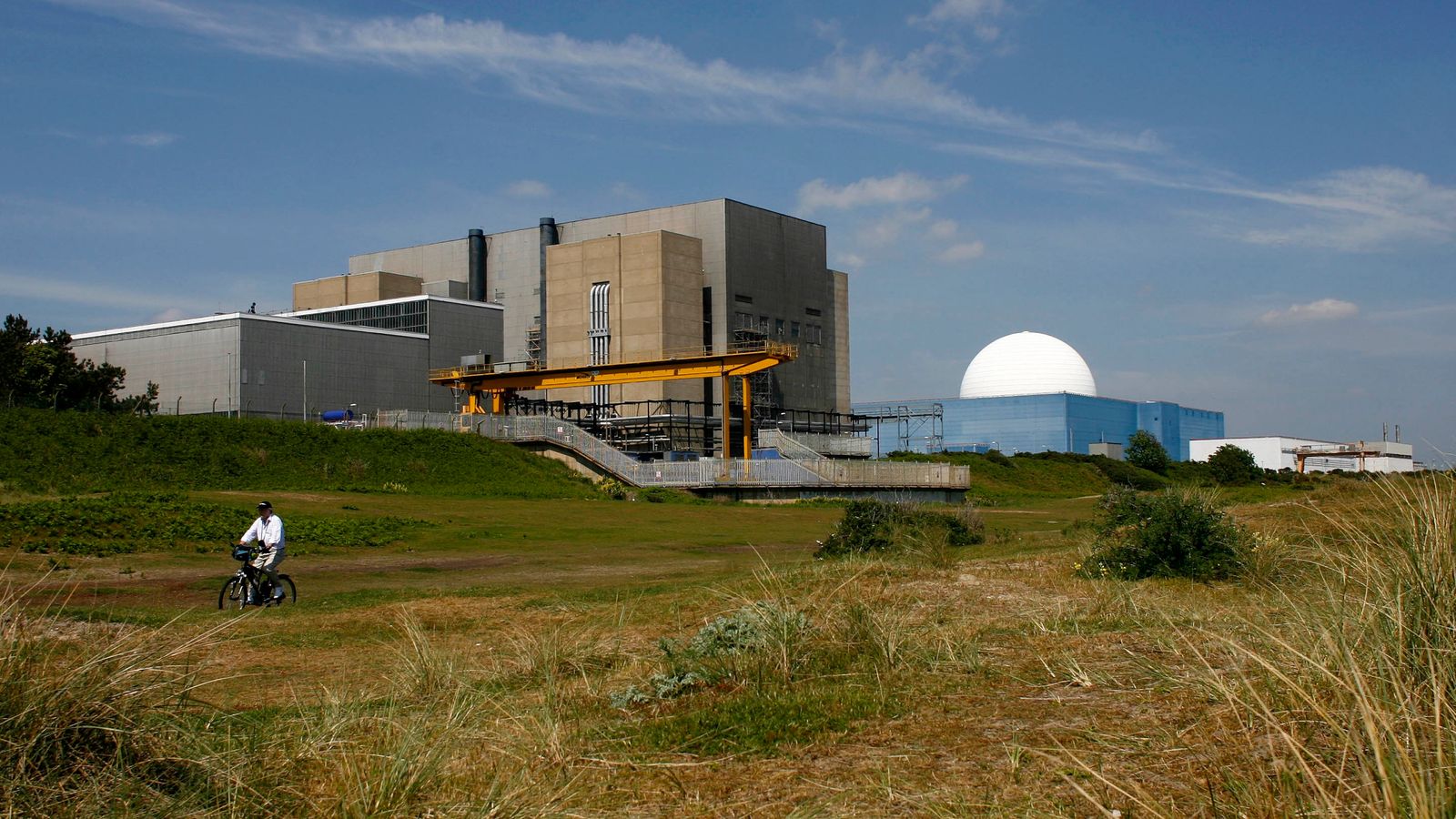The government has granted development consent for the new Sizewell C nuclear power station in Suffolk.
It is hoped that Sizewell C will generate enough low-carbon electricity to supply six million homes, and that the multi-billion pound investment in nuclear power will insulate the UK from volatile energy prices.
The application to develop the site was submitted to the Planning Inspectorate by NNB Nuclear Generation in May 2020 and accepted for examination the following month.
The inspectorate’s chief executive, Sarah Richards, said: “The Planning Inspectorate has now examined more than 100 nationally significant infrastructure projects since the Planning Act 2008 process was introduced, ensuring local communities have had the opportunity of being involved in the examination of projects that may affect them.
“This examination took place during the COVID-19 pandemic and its associated restrictions, and the examining authority worked hard to ensure that local people, the local authorities – East Suffolk District and Suffolk County Council – and other interested parties were able to fully participate.
“The examining authority listened and gave full consideration to local views and the evidence gathered during the examination before making its recommendation.”
In March, the government announced it plans to take a 20% stake in Sizewell C and the French power giant EDF would also take a 20% share in the delayed £20bn project.
Sellafield: An inside look at the most hazardous building in Western Europe as work to remove radioactive sludge begins
North Korea fires suspected intercontinental ballistic missile and two other missiles, says South Korea
Greenpeace UK’s chief scientist, Dr Doug Parr, said: “The contrast between dynamic, cost cutting and innovative technologies in the renewables sector and the limping behemoths of new nuclear power could barely be more striking.
“Sizewell C represents all that’s been wrong about energy policy. A nuclear company, saddled with problems – from failing reactors to having to be nationalised – is getting a stitched up deal behind closed doors leading to extra costs on energy bills, unmanageable waste for future generations and an expensive white elephant project. That it’s trashing an important nature reserve is an unwanted bonus.
“Rather than wasting time and money on this red herring energy solution, the government should throw everything at making cheaper, cleaner and more reliable renewables the backbone of our energy system. Whatever else is going on in UK politics at the moment, there’s no sign of a fresh start here.”






















